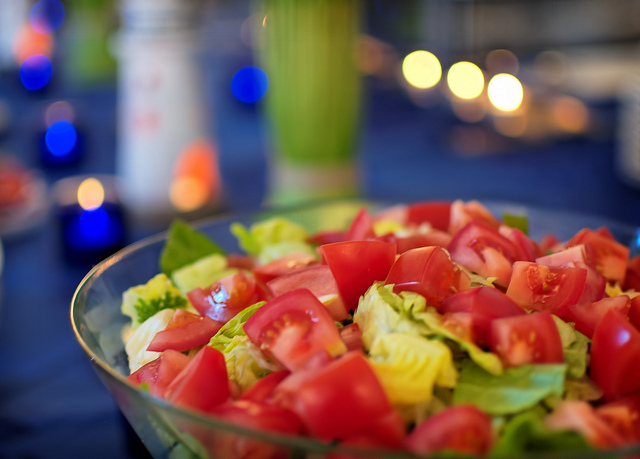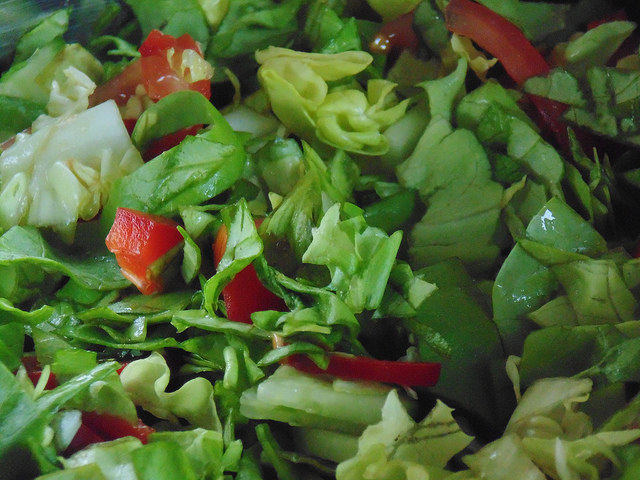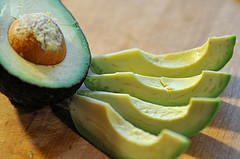It can be difficult to eat healthy while dining out, but that doesn’t mean you have to sabotage your diet. Here are a few smart tips for finding healthy, low-calorie meals at any restaurant.
- Look up the menu online. Most restaurants today upload their menus to an online site, which means that you can research the healthiest options and even check the nutritional content before you leave the house.
- Ask questions. Don’t be afraid to ask your server what type of oil a meal is cooked in, which sides it comes with, and if it’s topped with any decadent sauces. Then, feel free to make modifications as you see fit.
- Steer clear of the appetizers. If you’re out with a group of friends, don’t fall victim to snacking on nachos before the meal. This can add hundreds of extra calories to your meal.
- Know some key words. Stay away from dishes with descriptions like “pan-fried,” “cream-based,” “au gratin,” or even “sautéed.” Instead, opt for dishes that are grilled or baked.
- Moderate your alcohol intake. Enjoy 5 ounces of red wine or 12 ounces of light beer instead of cocktail to add only 150 calories to your meal.
13 Rules for Dining Out On a Diet [Today Health]
How to eat out while sticking to your diet! [Vedonis]
How to eat at a restaurant on a diet – How to survive without blowing your diet! [What’s Cooking America]



 Equal Housing Opportunity
Equal Housing Opportunity